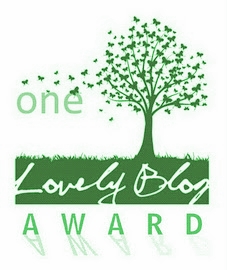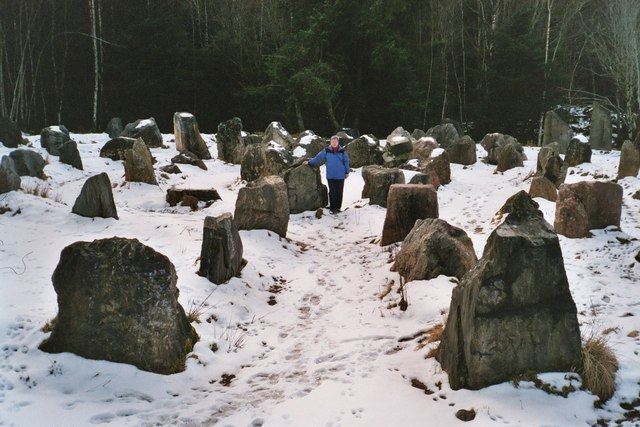It's my first blogiversary!
Twelve months of blogging, oh my. It gives me cause to look back and trace the journey.
 |
| Image courtesy of FreeDigitalPhotos.net and Anusorn P. Nachol |
I remember rewriting my first blog post probably ten times. I was too nervous to share an imperfect work with the world. Now, whether I like it or not, I don't have time to make each post perfect. Aunt Josephine tries to make sure my content is grammatically error-free, but sometimes my ideas come out half-baked. I guess that's part of growth--admitting that not everything you do is perfect.
My first batch of blog posts were mostly academic. I stuck to writing about books, teaching, and the employment crisis of twenty-somethings. I thought I could only contribute what I knew. In December, though, I took a leap of faith and wrote about grieving during the holidays. Since then, a friend pointed out, I've invested more of myself into my posts. Books, Reading, and Writing are still some of my biggest labels, but if you read the sidebar, you'll now notice topics like Caregiving, Conflict, and Singleness joining the repertoire. These posts, while sometimes raw, challenge me to honesty in my writing.
It's also nice to get read. While it's not something I have total control over, it's nice to know that this blog isn't a total waste of space on the Internet. Thanks to you, Best Beloved Readers, this blog has gone from 250 readers a month last September, to nearly 1000 this month. Over 8000 people have visited this blog in the last year! That's exciting to me, and I'm grateful to you for continuing to read faithfully. A writer without readers may become, in Shakespeare's words, "a tale / told by an idiot, full of sound and fury, / signifying nothing." (Macbeth V.5)
Thankfully, that doesn't appear to be the case. I've recently been honored to receive 2 blogging awards: One Lovely Blog and Very Inspiring Blogger. Many thanks to my friend Ellen V. Gregory, an Aussie writer who muses about books, writing, and occasionally cats, for passing them on.
 |
 |
And now I must nominate 15 other lovely bloggers for these awards. I'm going to break the rules again. I'll give a shout-out to a few blogs I've especially enjoyed reading lately, but if you want to play, leave me a comment! I think you deserve the chance.
A few good blogs for your perusal:
Bekah Graham (Word-of-the-Day Toilet Paper), Rabia Gale (Writer at Play), Tami Clayton (Taking Tea in the Kasbah), Angela Wallace (Elemental Magic), and The High Calling (Everyday Conversations about Work, Life, and God).
Here's to another twelve months of blogging!
What have the last 12 months held for you?






